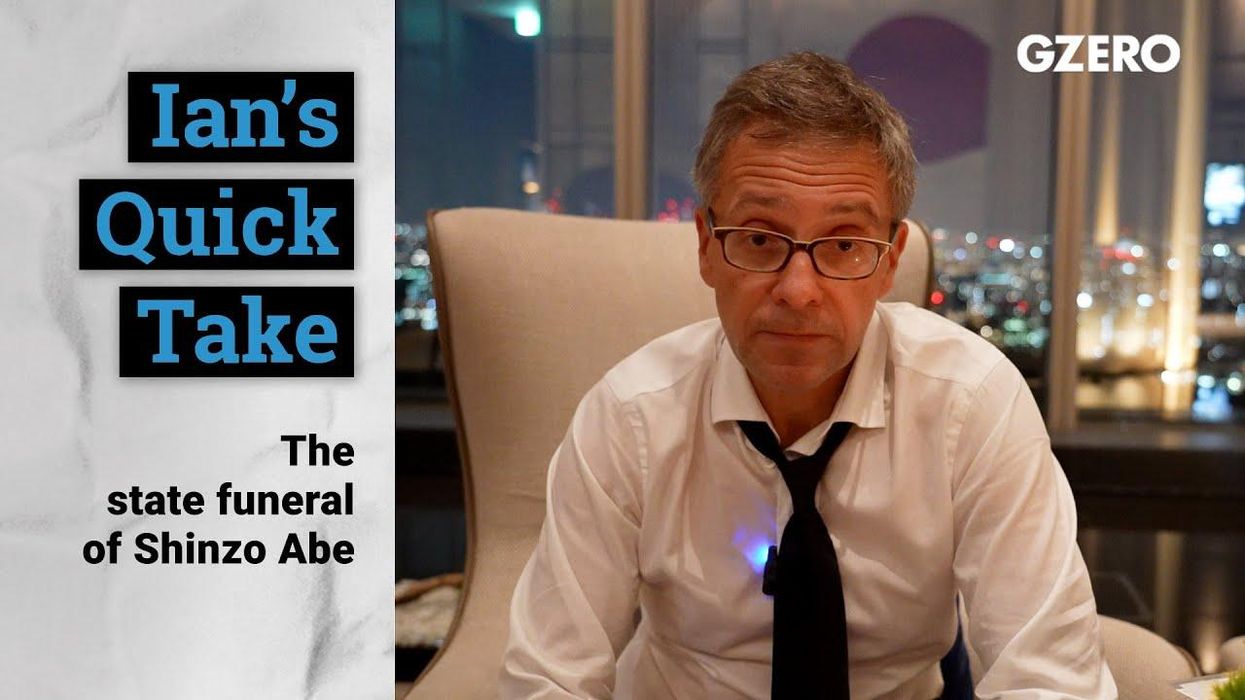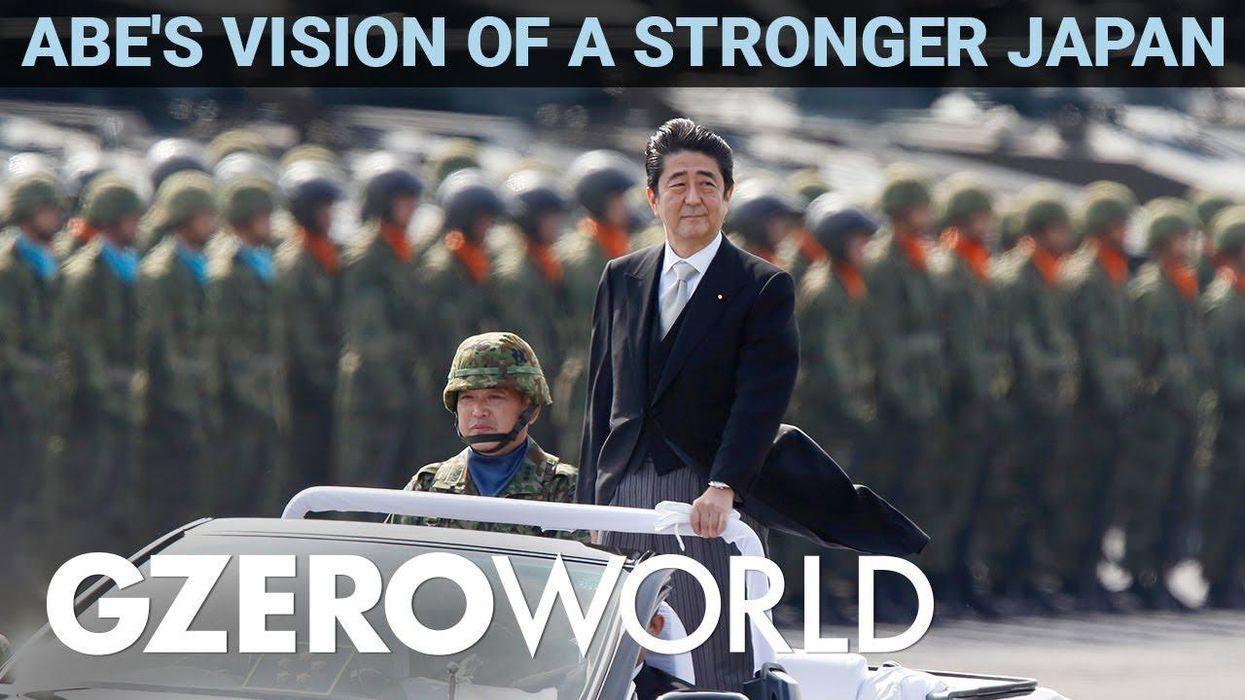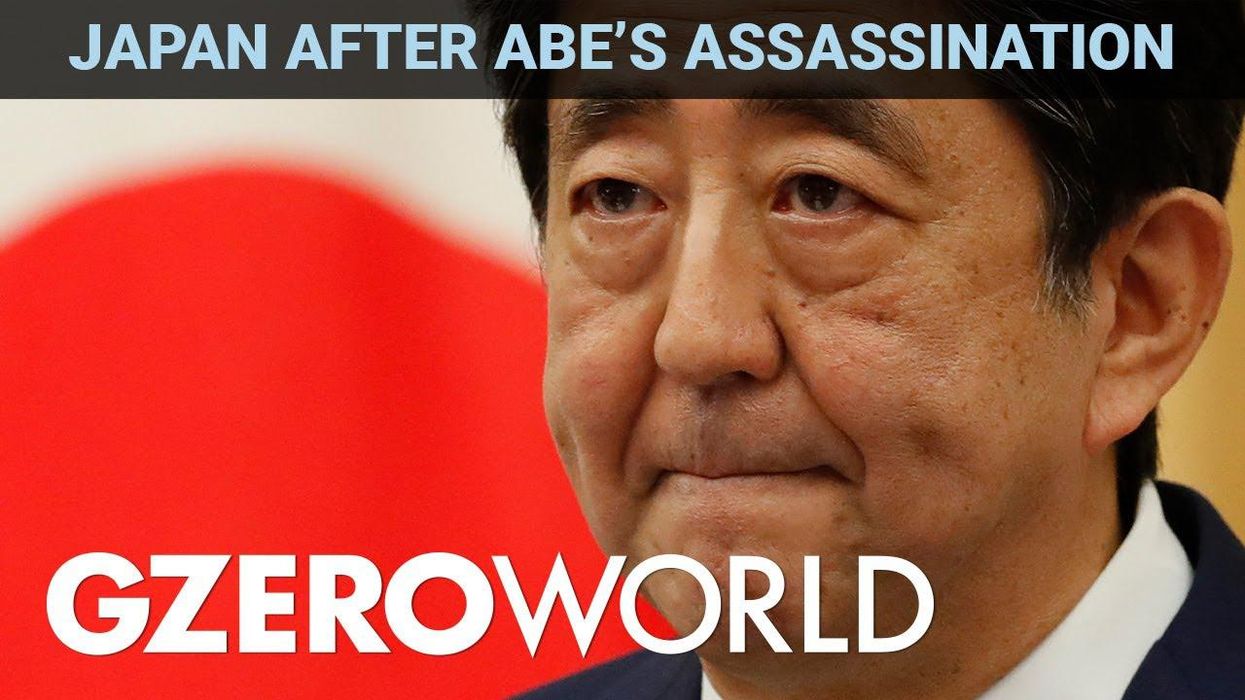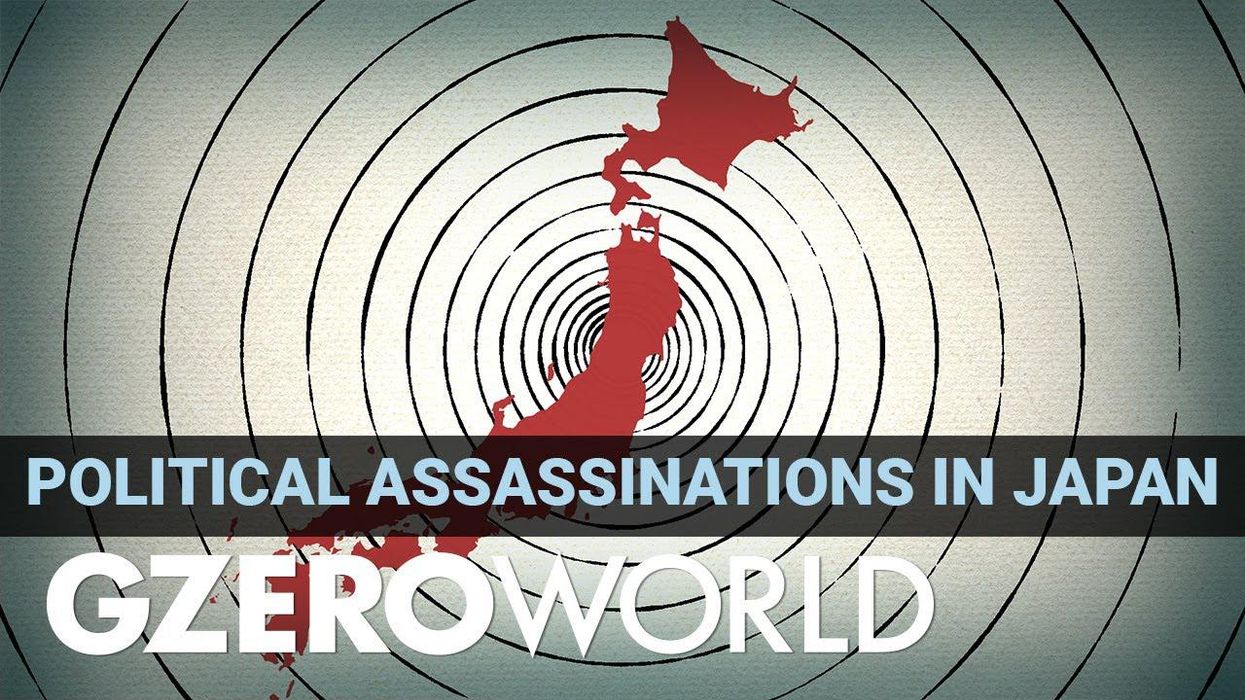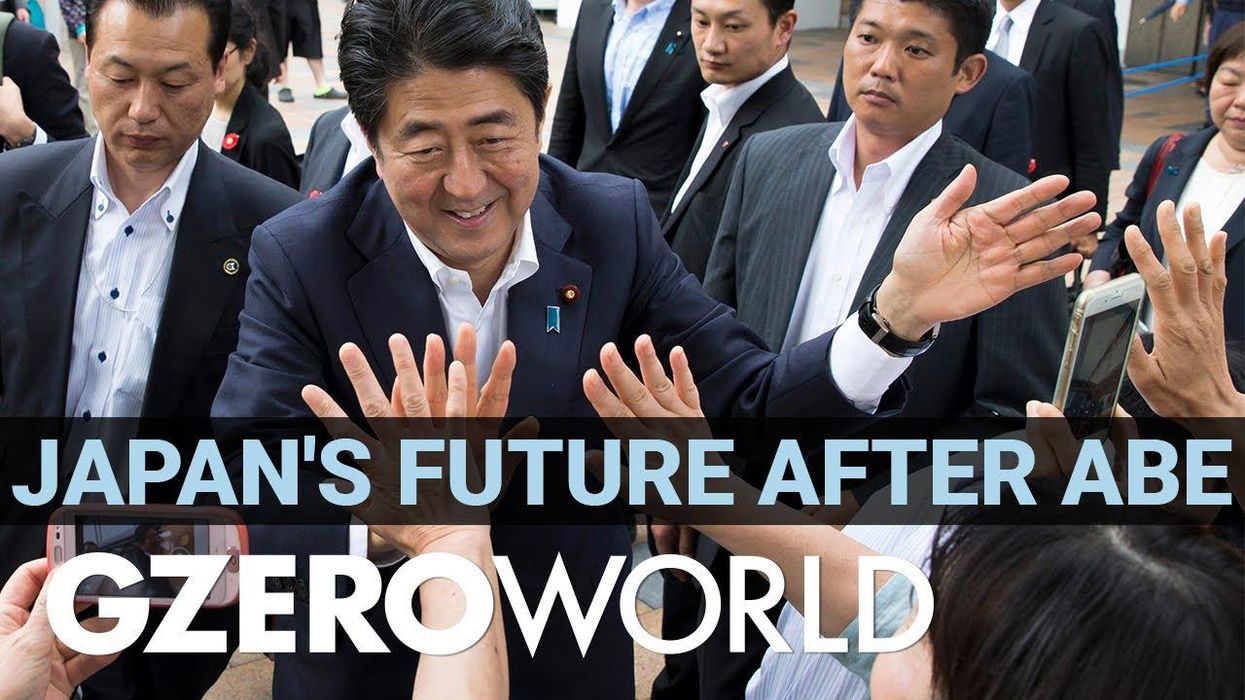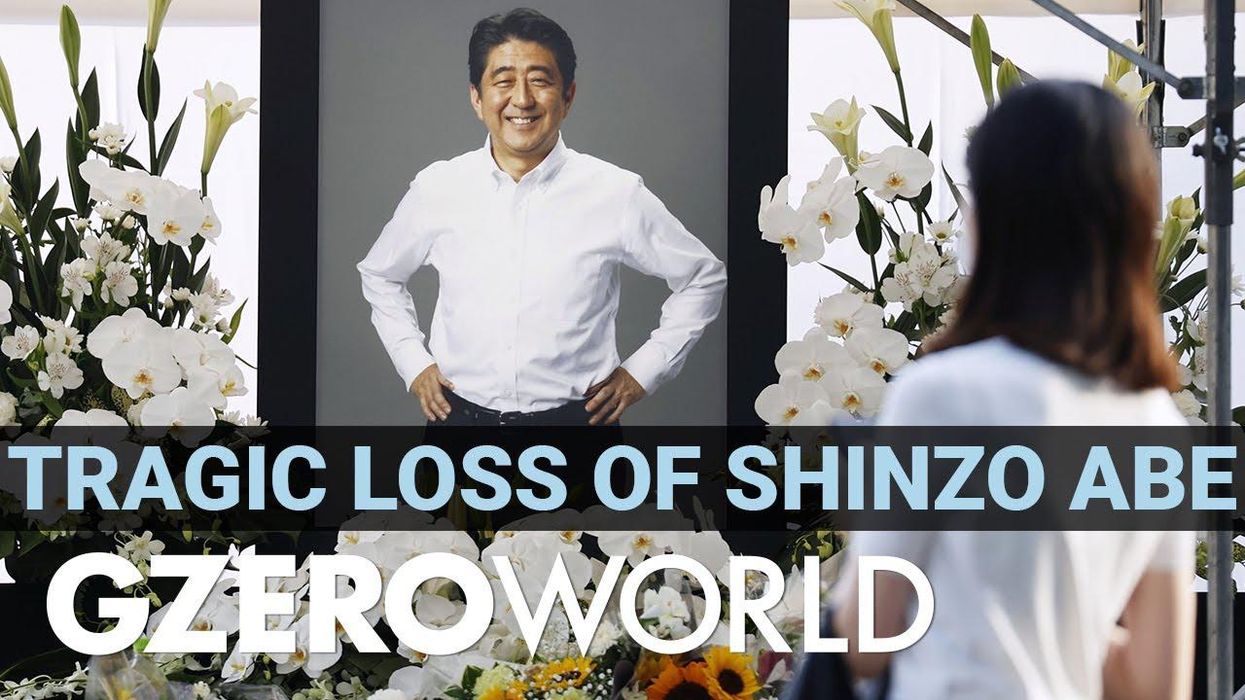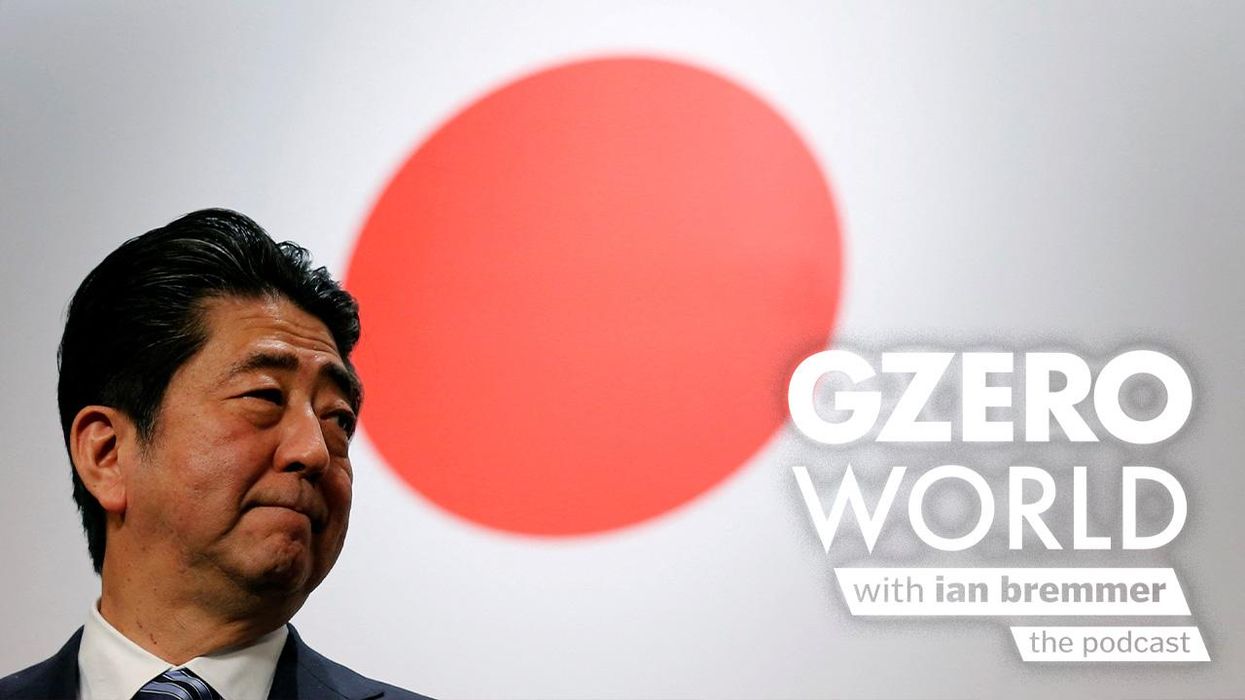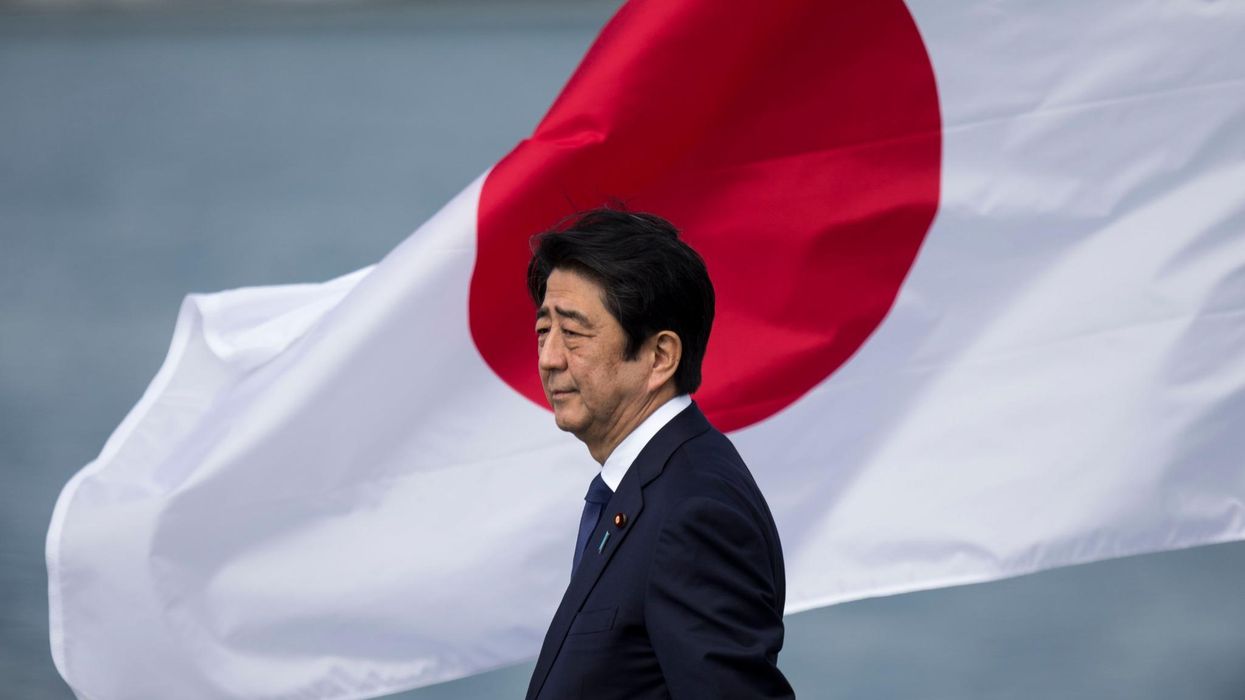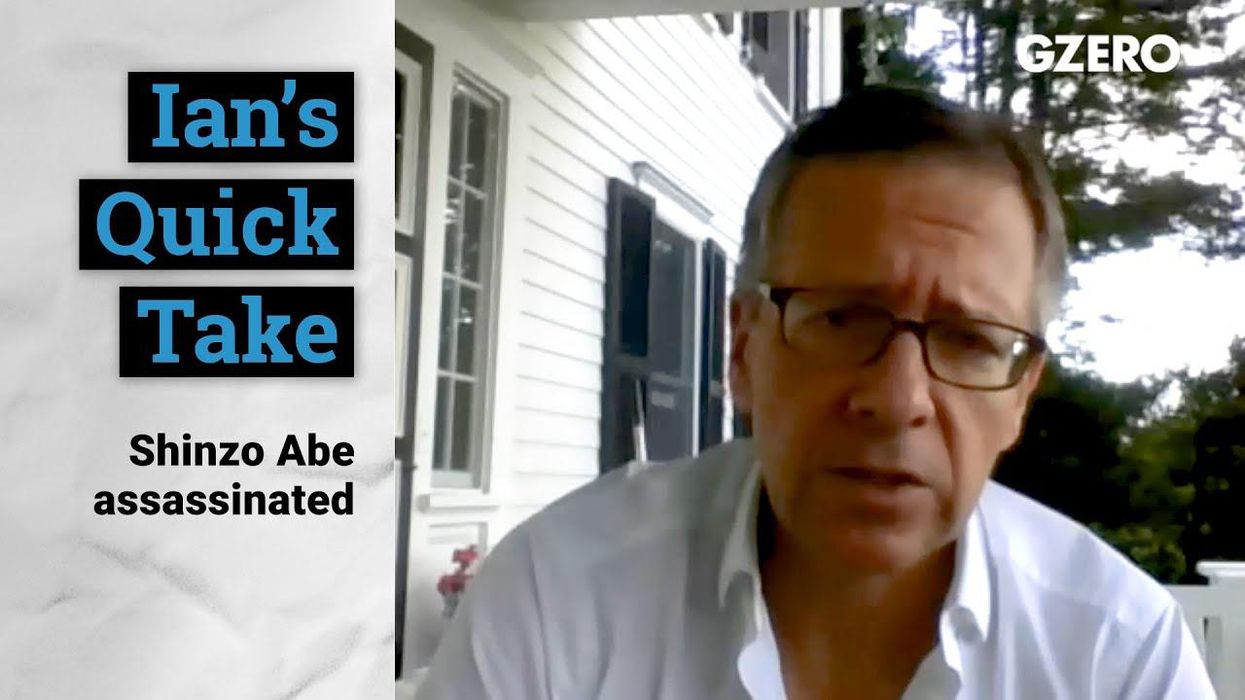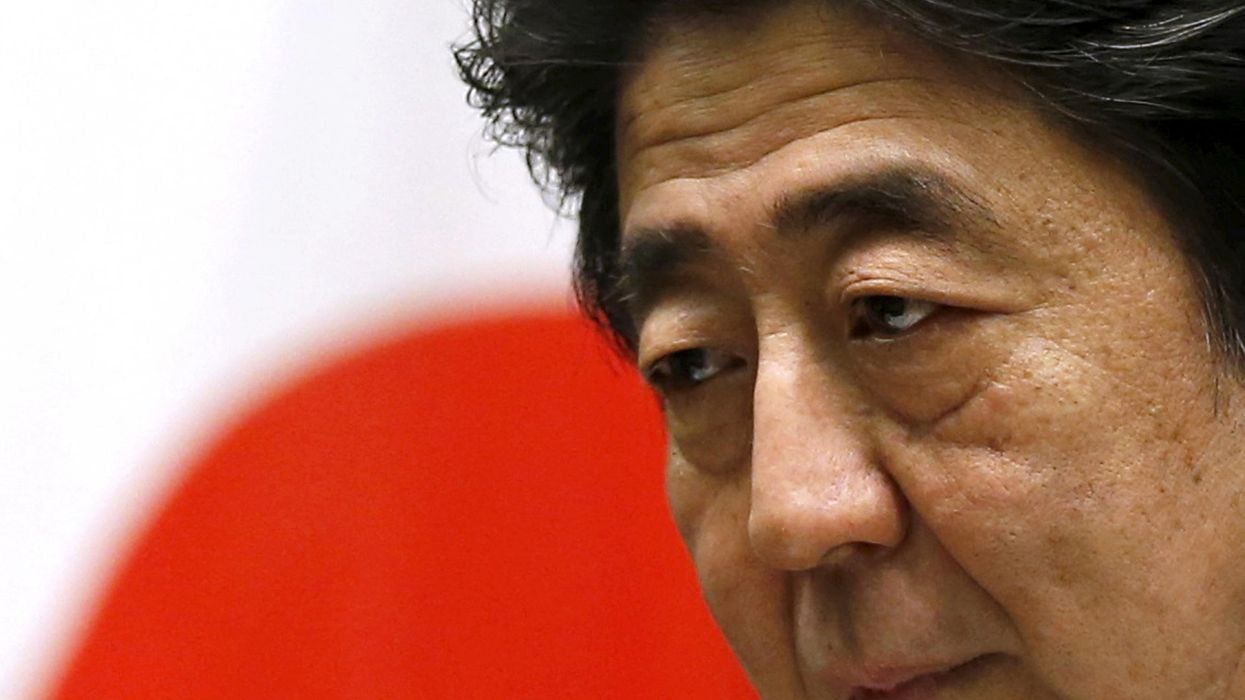Quick Take
Grief & controversy in Japan for Shinzo Abe's state funeral
Ian Bremmer reports from Tokyo, Japan, following the state funeral of Shinzo Abe, the prime minister who was assassinated some 80 days ago. An astonishing couple of weeks for the world: early last week, the funeral for Queen Elizabeth, by far the most important figure for the United Kingdom in the post-war period. Then the United Nations General Assembly, where the entire world comes together in New York, and now the first state funeral held in Japan in 55 years for Abe Shinzo, who is by far the most important figure in Japan in the post-war period.
Sep 27, 2022
